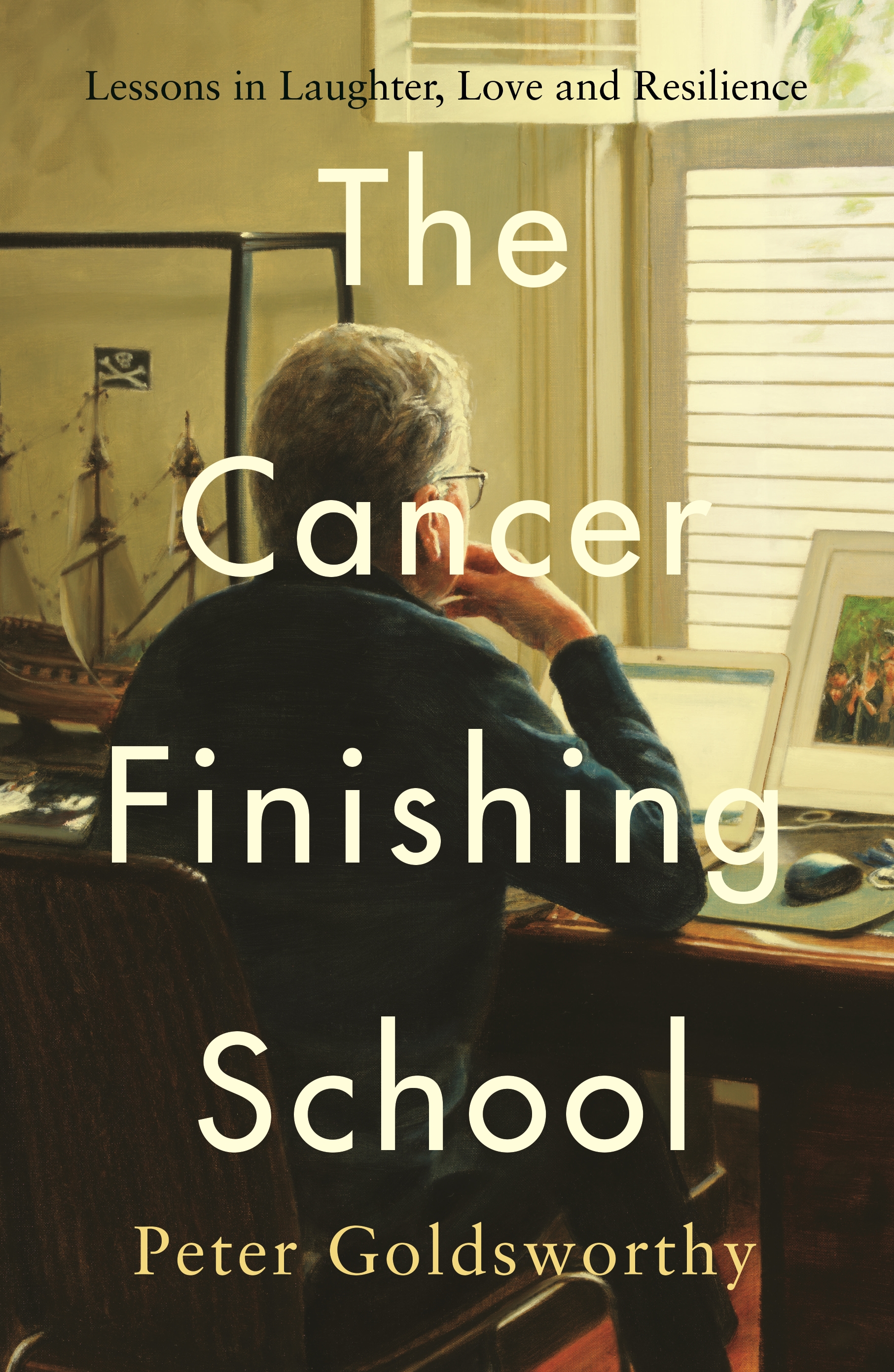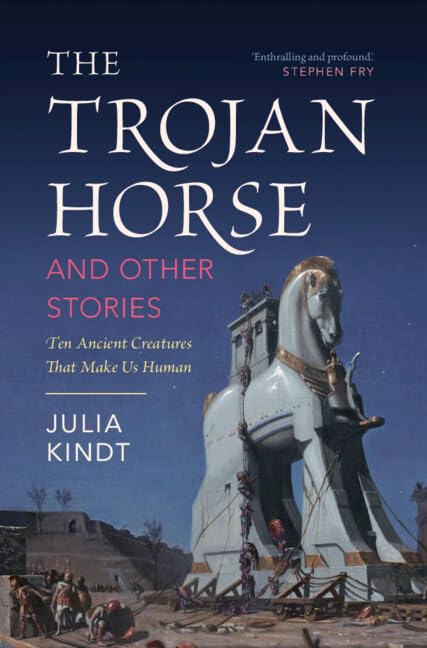Letters to the Editor
![]() Want to write a letter to ABR? Send one to us at This email address is being protected from spambots. You need JavaScript enabled to view it.
Want to write a letter to ABR? Send one to us at This email address is being protected from spambots. You need JavaScript enabled to view it.
Sharp, dark, humorous
Dear Editor,
I am not here to defend Margaret Atwood’s latest collection of poetry, Dearly, since I have not read it, but I think that David Mason’s review of it (ABR, March 2021) does her poetry a disservice in dismissing it with such statements as ‘across more than sixty years her verse has hardly evolved beyond the serviceable technique we could see at the start’.
There is great variation in Atwood’s collections. For my money, her best are Power Politics (1971) and You Are Happy (1974), but there are notable poems in her other books. At its best, her poetry can be sharp, dark, humorous, surprising, mesmerising – even moving. There is vivid imagery, apt rhythm. Here’s a bit I like from ‘The Woman Who Could Not Live With Her Faulty Heart’ (Two-Headed Poems [1978]): ‘All hearts float in their own / deep oceans of no light, / wetblack and glimmering, / their four mouths gulping like fish.’ Maybe this new collection isn’t one of Atwood’s best – maybe it’s no good at all – and I can appreciate that it may be annoying that her poetry (whether good or not) attracts so much attention because of the success of her prose. Sure, her poetry won’t be to everyone’s taste. But I believe that writing off all the poetry she’s published for any one of these reasons is unnecessary and unwarranted. For the good stuff, I recommend Atwood’s Eating Fire: Selected poetry 1965–1995.
The Proper Beach Caves
Dear Editor,
My sincere thanks for giving serious space to The Beach Caves (ABR, March 2021). It’s not an honour I take lightly. To the review itself. The pedantry is impressive, but you could perhaps mention to Andrew McLeod that the first rule of reviewing is to review the book on the page, in the time and place in which it is set, not the book he believes the author should have written. Alternatively, perhaps I should send him all my notes and waive my copyright so that he can rewrite the novel to his specs and give it a better title, something snappy like The Proper Beach Caves.
Andrew McLeod replies:
I stand fully behind my review of Trevor Shearston’s The Beach Caves. I respectfully disagree with his understanding of the role of the literary critic. For mine, the task of the critic is to engage with a work, consider whether it achieves what it sets out to achieve, and to offer their own thoughts on it. This includes consideration of the work’s place in the cultural discourse in which it is published.
Malcolm Gillies on Bluebeard’s Castle
Thank you for this thoughtful and nuanced commentary, (ABR, April 2021). I’m so glad that you enjoyed it, your knowledgeable misgivings aside, and that the production seems to have hit home with its aims while remaining mostly true to the music. It’s all we have to go on after all.



